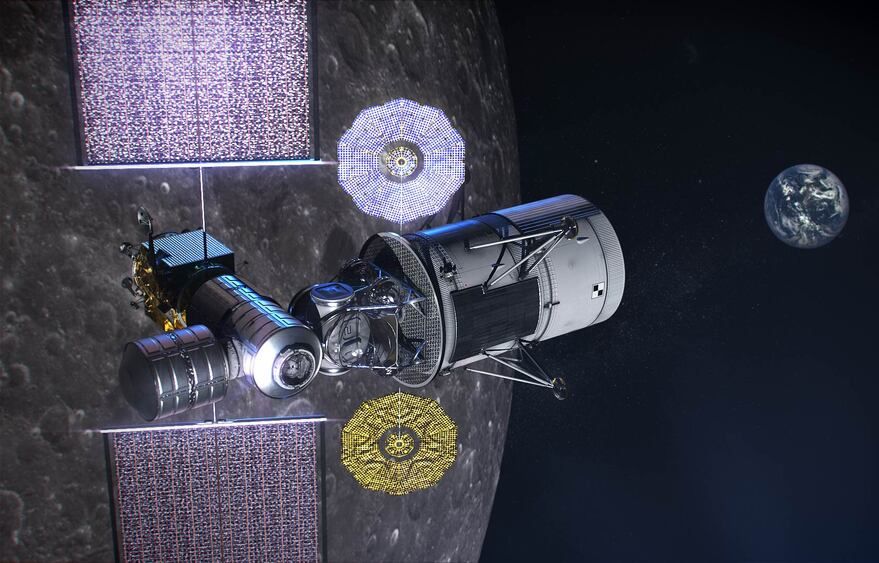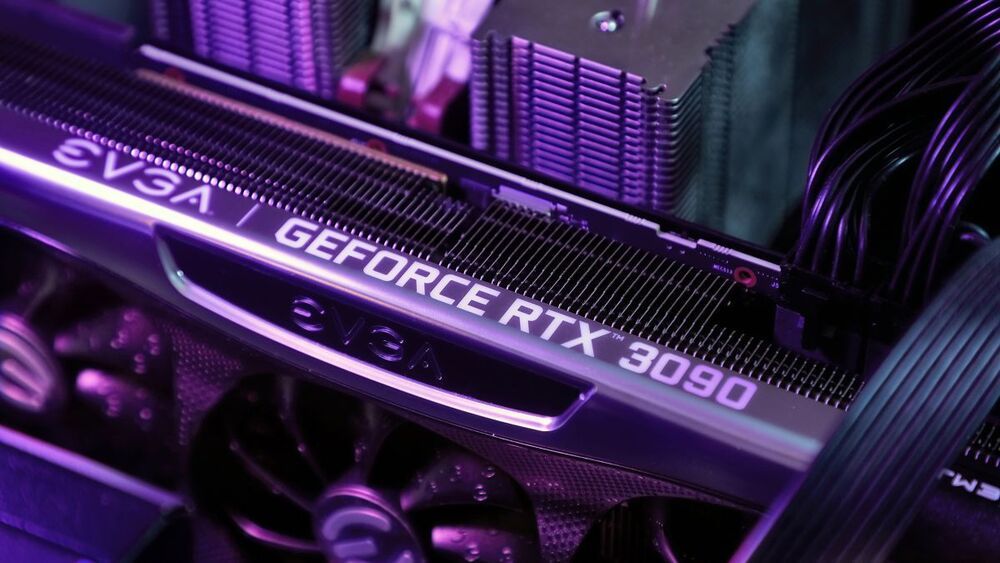“Genius Makers” and “Futureproof,” both by experienced technology reporters now at The New York Times, are part of a rapidly growing literature attempting to make sense of the A.I. hurricane we are living through. These are very different kinds of books — Cade Metz’s is mainly reportorial, about how we got here; Kevin Roose’s is a casual-toned but carefully constructed set of guidelines about where individuals and societies should go next. But each valuably suggests a framework for the right questions to ask now about A.I. and its use.
Two new books — “Genius Makers,” by Cade Metz, and “Futureproof,” by Kevin Roose — examine how artificial intelligence will change humanity.








